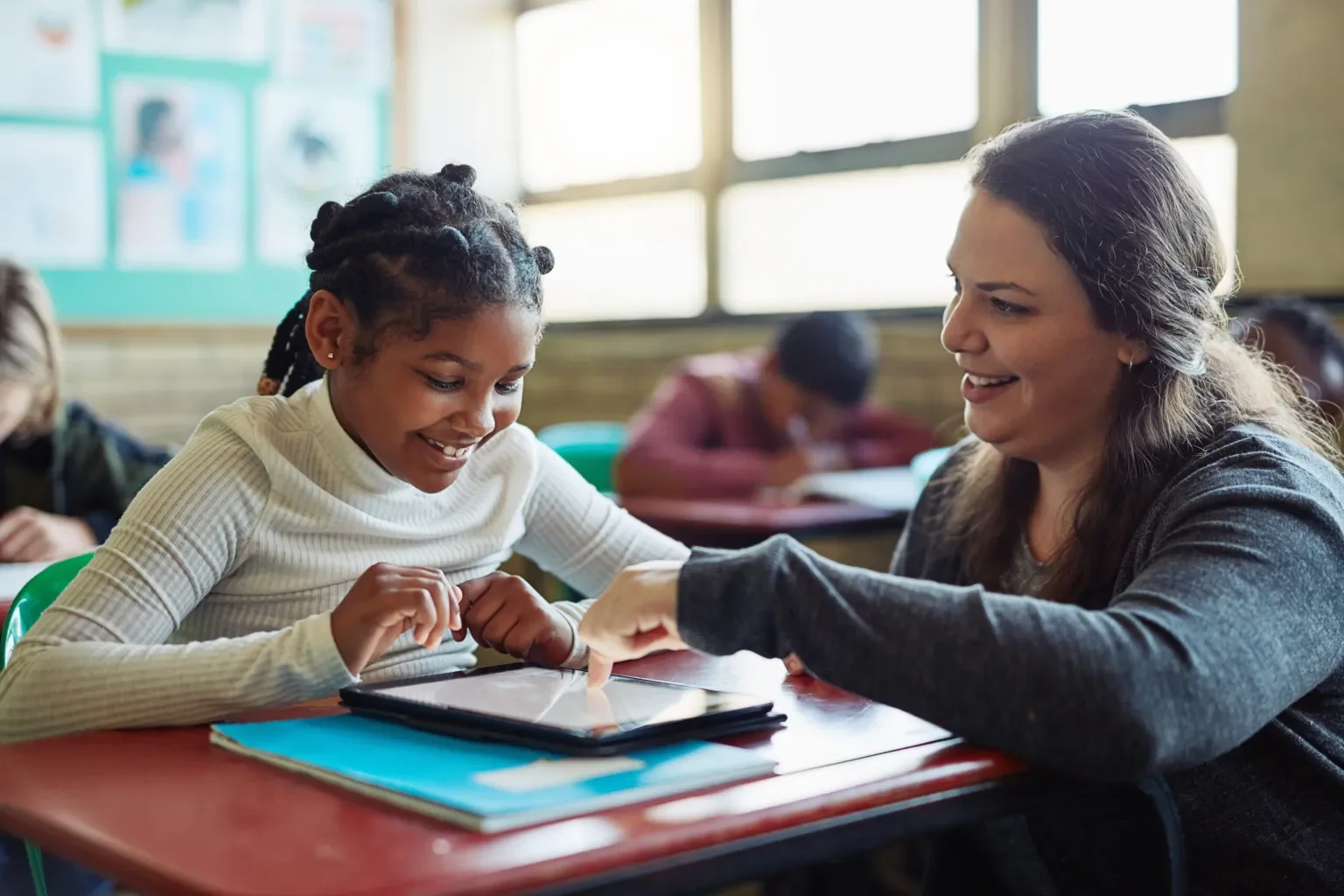
We write from our practice to support yours.
Search our blogs to explore topics that inspire you.
Turning Our Attention to Acceleration
We are not focused on remediation, which is deficit-oriented thinking that focuses on gaps and loss and might result in lowered expectations.
Professional Development Doesn’t Have to Be Boring and Painful
A memorable professional learning event we attended challenged our thinking about the ways in which students with disabilities should be educated.
Are You Communicating High Expectation?
It comes as no surprise that students whose teachers have lower expectations of them learn less than peers in high-expectation classrooms. These beliefs are telegraphed by our behaviors.
Making Equity Audits Matter
Equity requires that schools pose questions to themselves—starting from the assumption that inequities, like water, surround us—and identify barriers that restrict students' aspirations. An equity audit helps us do so.
New Thinking About Student Engagement
Engagement isn't simply about low-level compliance. Indeed, existing and new research can help us understand engagement, and how to identify it, in a new light.
Rebuilding Teacher Efficacy
The damaging message inferred from the learning-loss narrative is that educators' "extraordinary commitments" and dedicated "talents, energy, and resources" last year2 were all for naught.
3 Reasons Activators are Crucial for Your PLC Success
Through this value of Activation, the PLC+ framework places a premium on the role human behavior plays in PLC settings and helps teams navigate challenges and maximize their collaborative expertise.
How Do We Find the Right Level of Challenge for Our Learners?
Productive struggle occurs when the complexity and difficulty of the task or experience is challenging enough so that the learner must devote significant cognitive resources to make progress in that task or experience, but is provided the necessary supports and scaffolds to prevent frustration or discouragement.
Ways to Enhance Remembering: The Role of Retrieval Practice in Learning
Once learning is acquired, encoded, and stored, the act of retrieval is the reactivation of that learning through active processing.
Why Do Students Disengage?
Better to flip the script and examine what’s getting in the way of learning, realizing that there are cognitive barriers to effective teaching.










